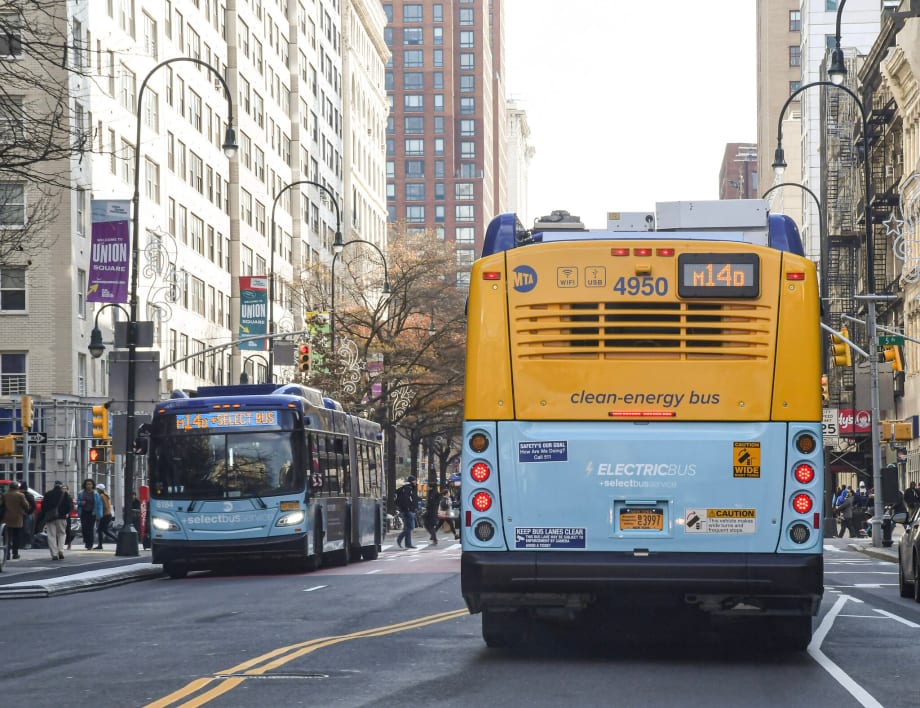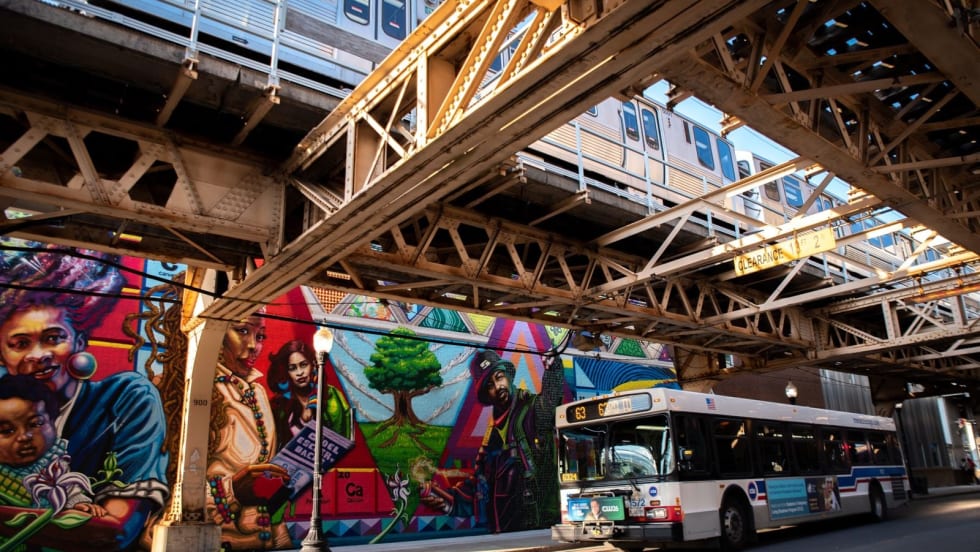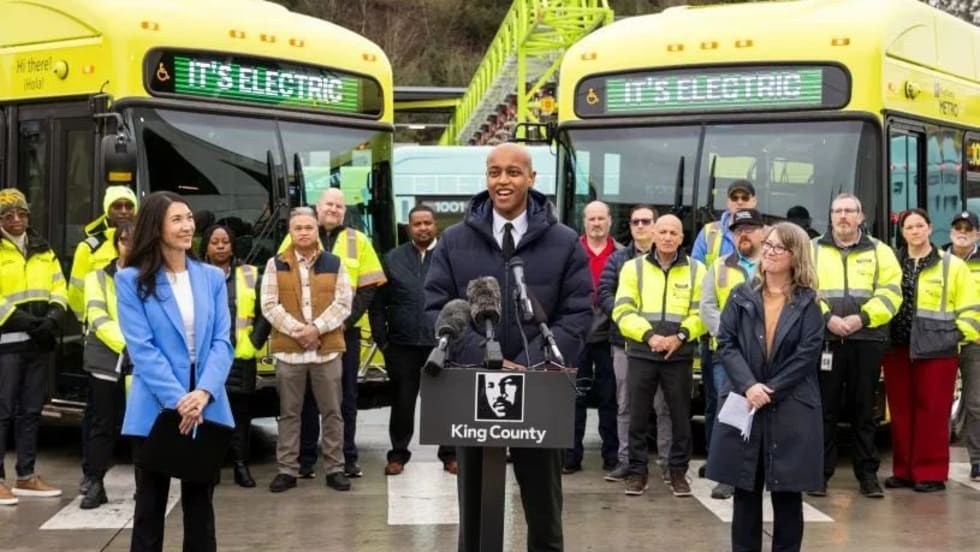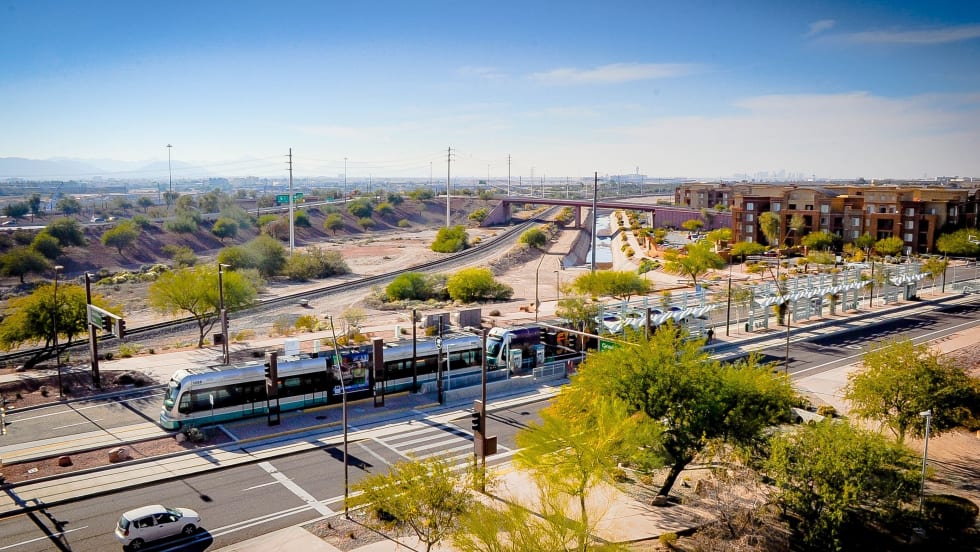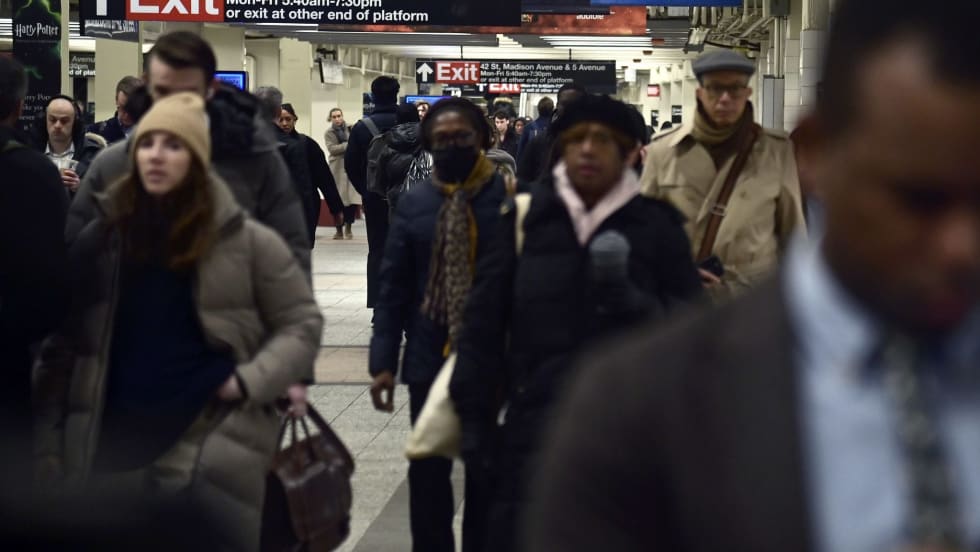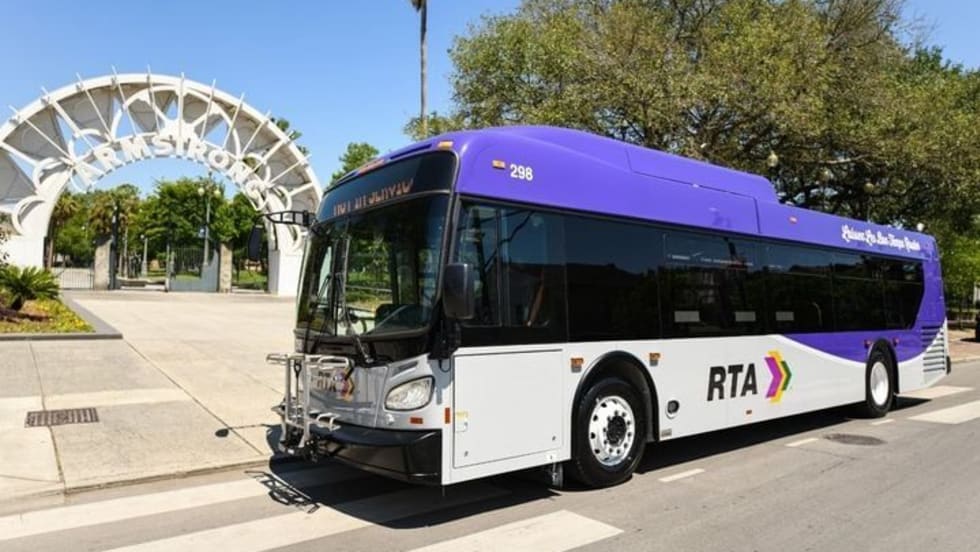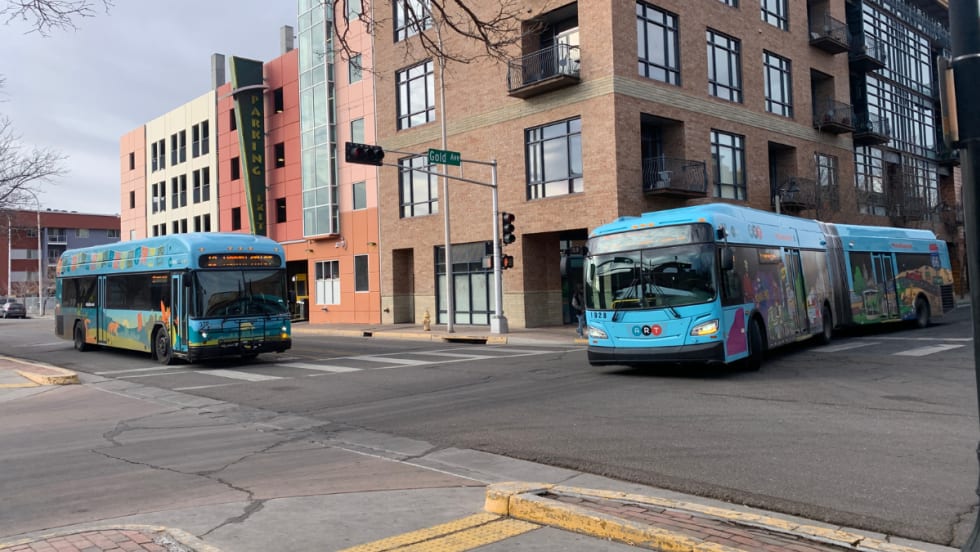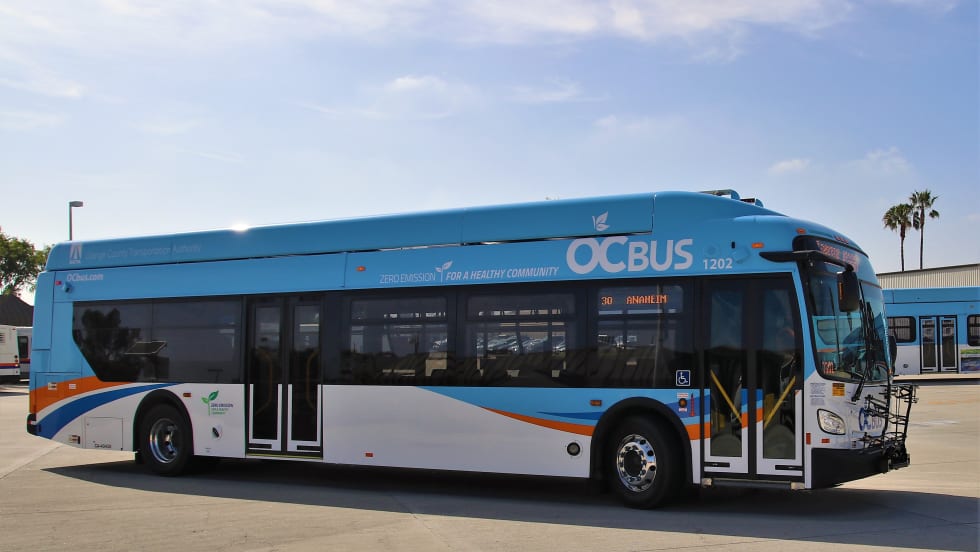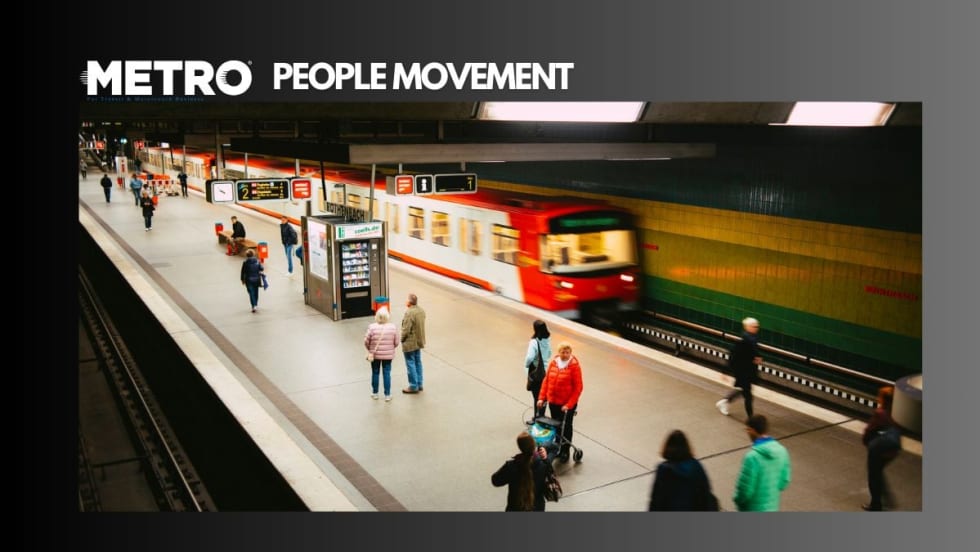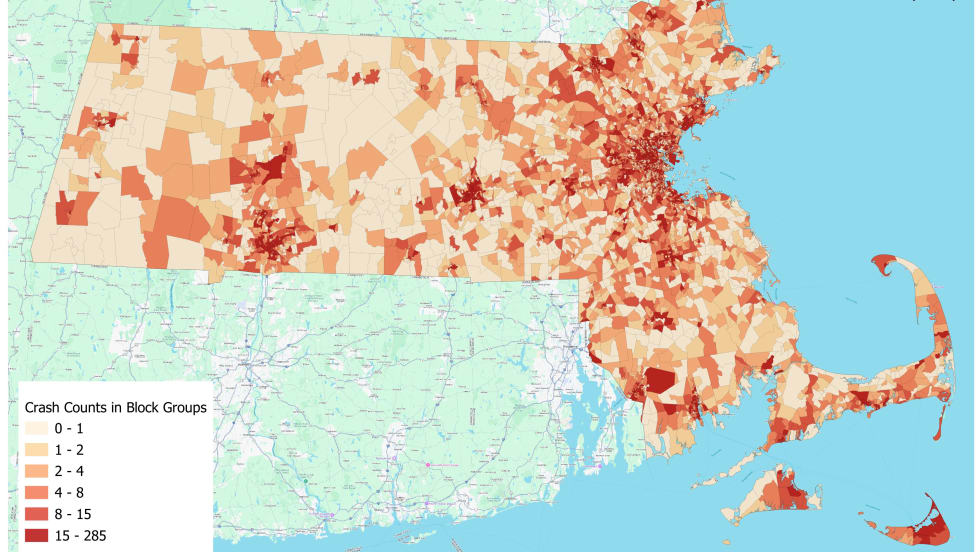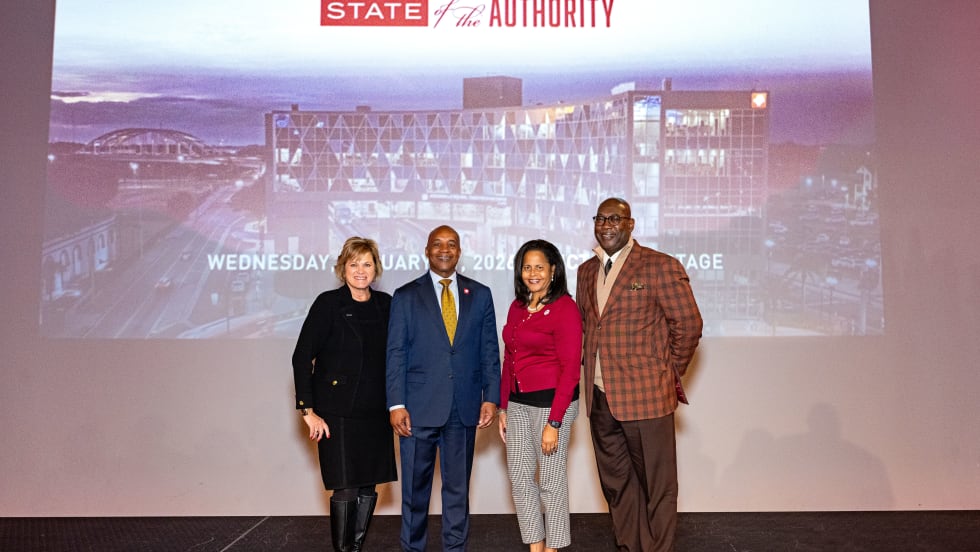The Federal Transit Administration (FTA) announced $1.66 billion in grants to transit agencies, territories, and states across the country to invest in 150 bus fleets and facilities in 48 states and territories. Funded by the President’s Bipartisan Infrastructure Law, more than 1,100 of the 1,800 vehicles being funded will use zero-emissions technology, which reduces air pollution and helps meet the President’s goal of net-zero emissions by 2050.
Funding for this year alone nearly doubles the number of no-emission transit buses on America’s roadways. For the first time, 5% of low- and no-emission bus funding will be used to train transit workers on how to maintain and operate new clean bus technology.
The bus grant awards — made under FTA’s Buses and Bus Facilities and Low- and No-Emission Vehicle programs — are FTA’s first competitive grant selections under the Bipartisan Infrastructure Law. The programs support the Biden-Harris Administration’s commitment to expand transportation infrastructure, create and maintain good-paying jobs, and fight climate change in the U.S.
“When a transit door opens, whether it is a bus, train, or ferry, it is a great equalizer for everyone in our nation,” said FTA Administrator Nuria Fernandez. “With this tremendous amount of funding, the President’s Bipartisan Infrastructure Law gives more Americans access to the opportunities that transit creates, more often, in more places. These investments also help us meet our goals of cutting transportation emissions, creating good-paying American manufacturing jobs, and helping America’s transit workers prepare for new vehicle technology.”
FTA’s Low or No Emission (Low-No) Grant Program makes funding available to help transit agencies buy or lease U.S.-built low- or no-emission vehicles, including related equipment or facilities. The Bipartisan Infrastructure Law provides $5.5 billion over five years for the Low-No Program — more than six times greater than the previous five years of funding. For Fiscal Year 2022, approximately $1.17 billion was available for grants under this program.
FTA’s Grants for Buses and Bus Facilities Program supports transit agencies in buying and rehabilitating buses and vans and building bus maintenance facilities. The Bipartisan Infrastructure Law provides nearly $2 billion over five years for the program. For Fiscal Year 2022, approximately $550 million for grants was available under this program.
In response to the Notice of Funding Opportunity, FTA received 530 eligible project proposals totaling approximately $7.72 billion in requests, according to the agency. A full list of recipients is available here. Examples of projects selected to receive funding include:
• The New York Metropolitan Transportation Authority (MTA) will receive $116 million to buy approximately 230 battery-electric buses to replace older diesel buses, electrifying nearly 4% of its 5,800-bus fleet and launching a comprehensive workforce training and development program. The project will improve the safety and reliability of transit service and improve air quality for residents and visitors to New York City.
• The Los Angeles County Metropolitan Transportation Authority (Metro) will receive $104.1 million to buy approximately 160 battery-electric buses to replace older compressed natural gas buses as well as charging equipment. The project will improve safety, air quality and reliability for residents and visitors to the Los Angeles metropolitan area.
• The Memphis Area Transit Authority (MATA) will receive $54 million to build an operations and maintenance facility. The facility, which will be in Memphis, will accommodate more than 300 vehicles and improve safety and ensure a good state of repair for the bus fleet.
• The Colorado Department of Transportation will receive $34.7 million on behalf of Summit Stage, a rural transit agency that provides bus service in Summit, Park, and Lake counties in northeast Colorado, to build a bus depot for electrical charging and storage. It will replace Summit Stage’s aging facility and prepare for a 100-percent electric fleet in the future.



